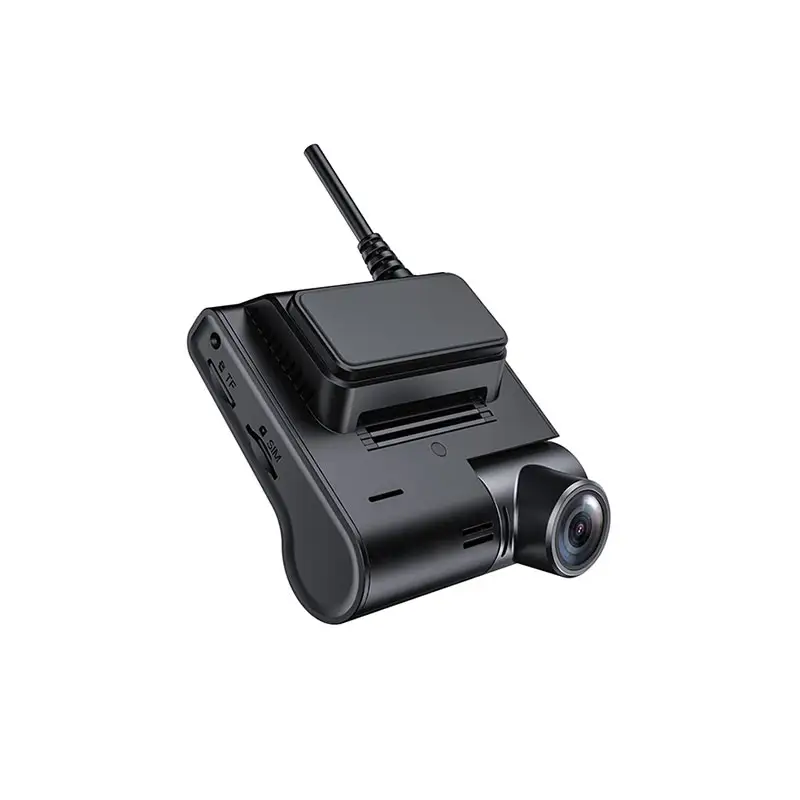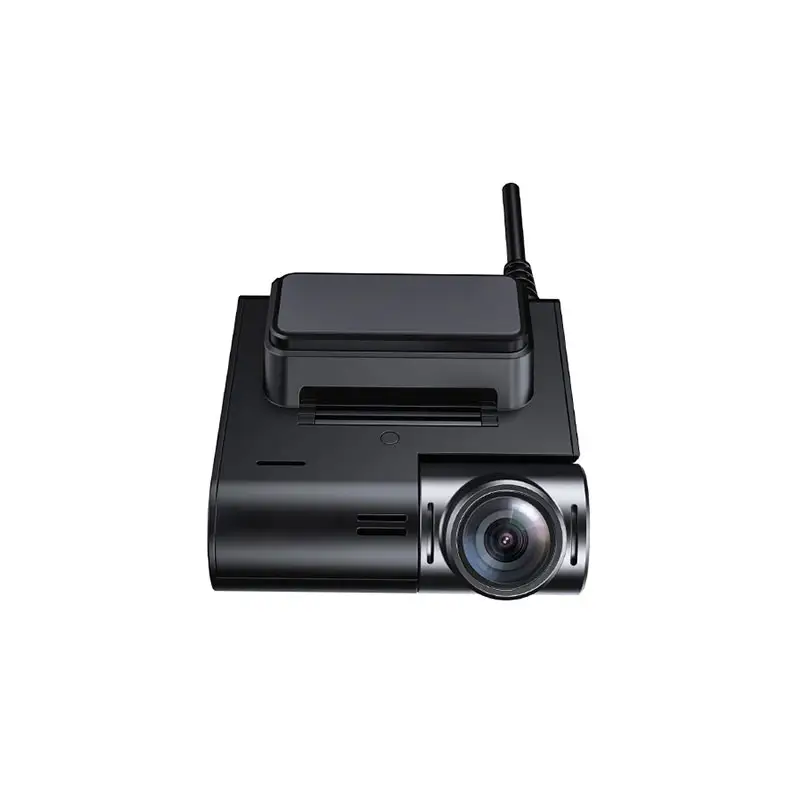Modern Security Needs in a Connected World
In today's rapidly evolving digital landscape, security is no longer just about locks and alarms. The rise of smart technology has revolutionized how we protect our homes, vehicles, and loved ones. Among the most impactful advancements is the development and adoption of 4G cameras. These mobile network-connected devices provide unmatched flexibility, enabling surveillance in locations where Wi-Fi access is limited or non-existent. As a result, 4G cameras have emerged as a go-to solution for individuals seeking reliable, remote, and real-time monitoring options.
Home Security Applications
Monitoring Remote or Off-Grid Properties
Many homes, vacation cabins, and rural residences lack reliable internet infrastructure. In these situations, 4G cameras serve as a practical solution. By connecting directly to the cellular network, they provide live video feeds and instant alerts without the need for traditional broadband. This makes them ideal for monitoring farms, country houses, or seasonal homes that may sit unoccupied for long periods.
Enhancing Perimeter Surveillance
4G cameras allow homeowners to set up surveillance zones around their property, such as gates, driveways, and backyards. Motion detection, night vision, and high-definition video features enhance the ability to identify intrusions or unusual activities. Even when users are away, they can access footage via mobile apps, helping them respond promptly to any threats.
Vehicle Security Solutions
Protecting Commercial Fleets
Fleet owners often face the challenge of monitoring multiple vehicles across various regions. 4G cameras provide a centralized solution by offering live GPS-tracked video feeds from every vehicle. This enables better management, accountability, and real-time incident verification. Whether it’s a delivery van or a logistics truck, these cameras add an essential layer of protection.
Enhancing Personal Vehicle Safety
For personal vehicle owners, 4G cameras offer peace of mind. Dash-mounted units record incidents while driving or parked, helping capture evidence in case of theft, vandalism, or accidents. Features such as cloud storage and automatic recording make 4G cameras a critical tool for insurance claims and personal safety.

Real-Time Remote Access and Alerts
Instant Notifications to Mobile Devices
One of the defining features of 4G cameras is their ability to send immediate notifications when motion is detected. Users can customize alert preferences and receive SMS, email, or app notifications. This rapid response system can be crucial in preventing property loss or damage.
Cloud Integration and Video Backup
Many 4G cameras are equipped with cloud-based storage options. This ensures that even if a camera is destroyed or stolen, the recorded footage remains safely accessible. Automatic uploads and encryption add another level of security and convenience.
Installation Flexibility and Portability
Easy Setup Without Internet Dependency
Traditional security systems often require hardwiring or fixed internet infrastructure. In contrast, 4G cameras can be placed anywhere with cellular coverage. This allows users to deploy them in construction sites, temporary setups, or during outdoor events. The installation process is often as simple as inserting a SIM card and powering the device.
Relocation and Reusability
Because 4G cameras are not tied to a specific location, they can easily be moved as needed. This is particularly useful for renters, event organizers, or seasonal businesses. Cameras can be redeployed without the need for costly reinstallation or configuration.
Environmental Monitoring Capabilities
Surveillance in Harsh Conditions
Many 4G cameras are designed to function in extreme weather conditions. Whether it’s heavy rain, snow, or intense heat, their durable casings and weatherproof features ensure reliable operation. This makes them suitable for outdoor use across different climates.
Wildlife and Agricultural Use
4G cameras are increasingly used in agriculture for crop monitoring, livestock surveillance, and wildlife observation. Farmers benefit from being able to monitor field conditions or animal movements remotely, helping them make timely decisions that improve productivity and safety.
Smart Features and AI Integration
Motion and Object Detection
Advanced 4G cameras utilize artificial intelligence to distinguish between humans, vehicles, and animals. This reduces false alarms and allows for more accurate monitoring. Users can set specific detection zones to focus on areas of interest.
Two-Way Audio and Communication
Some 4G cameras come with built-in microphones and speakers, enabling two-way audio. This allows homeowners to speak directly to visitors or potential intruders. For vehicle applications, drivers can communicate with fleet managers or receive voice instructions.
Use in Temporary or Emergency Scenarios
Construction Site Security
Construction sites often face theft or vandalism, especially after hours. With no permanent infrastructure, 4G cameras offer a practical surveillance solution. These units can monitor entrances, equipment storage, and worker activity, providing 24/7 visibility.
Disaster Response and Emergency Deployment
During emergencies like floods, wildfires, or public safety incidents, traditional networks may be unavailable. 4G cameras can be deployed quickly to monitor evolving situations and ensure responder safety. Their mobility and self-sufficiency make them ideal for temporary or mobile operations.
Cost Efficiency Over Traditional Systems
Lower Setup and Operational Costs
Compared to installing wired systems with extensive infrastructure, 4G cameras offer lower upfront costs. There’s no need for complicated wiring or internet setup. This makes them a cost-effective option for both short-term and long-term surveillance needs.
Pay-As-You-Go Data Plans
Most 4G cameras support SIM cards with flexible data plans. Users can select packages based on usage, making it easier to control monthly expenses. For occasional use cases like seasonal monitoring or events, this model is highly efficient.
Supporting Independent Living and Elder Care
Monitoring Senior Residents Remotely
4G cameras are also gaining popularity in elder care. Families can place cameras in living spaces to check on aging relatives who prefer to live independently. The ability to access real-time video offers reassurance without intruding on privacy.
Integration with Medical Alert Systems
In some setups, 4G cameras can be integrated with medical alert devices. If an emergency occurs, caregivers can visually assess the situation before arriving, ensuring faster and more informed responses.
Enhancing Urban and Rural Safety
Surveillance in Public Spaces
City authorities are using 4G cameras for monitoring parks, transit stations, and community areas. These systems help deter crime and collect evidence when needed. In rural areas, they improve safety by keeping an eye on remote roadways or infrastructure.
Traffic and Road Monitoring
Traffic departments can use 4G cameras to monitor real-time conditions, accidents, or congestion points. Cameras placed on highways and intersections help improve traffic flow and enhance commuter safety.
Business and Commercial Use Cases
Retail and Storefront Security
Small business owners often lack the budget for large-scale security networks. 4G cameras provide a reliable and scalable option to secure storefronts, parking lots, and warehouses. Features like night vision and real-time alerts help protect inventory and property.
Event Surveillance and Crowd Management
Concerts, fairs, and sporting events draw large crowds. Temporary 4G camera setups can provide organizers with tools to monitor crowd movement, manage entrances, and respond to emergencies quickly. Their quick deployment and remote access are critical during high-attendance events.
Frequently Asked Questions
What are the advantages of 4G cameras over Wi-Fi cameras?
4G cameras operate independently of local internet connections, making them ideal for remote areas or mobile use. They provide greater flexibility and coverage, especially where Wi-Fi is unavailable or unstable.
Can 4G cameras be used in vehicles?
Yes, 4G cameras are commonly used in both commercial and personal vehicles. They offer real-time tracking, recording, and alerts that enhance safety and accountability.
Are 4G cameras difficult to install?
No, most 4G cameras are designed for easy installation. With a compatible SIM card and power source, they can be deployed in minutes without professional assistance.
Do 4G cameras work in poor weather conditions?
Many 4G cameras are weatherproof and built for outdoor use. They function reliably in rain, snow, or extreme temperatures, depending on the model.
Table of Contents
- Modern Security Needs in a Connected World
- Home Security Applications
- Vehicle Security Solutions
- Real-Time Remote Access and Alerts
- Installation Flexibility and Portability
- Environmental Monitoring Capabilities
- Smart Features and AI Integration
- Use in Temporary or Emergency Scenarios
- Cost Efficiency Over Traditional Systems
- Supporting Independent Living and Elder Care
- Enhancing Urban and Rural Safety
- Business and Commercial Use Cases
- Frequently Asked Questions




